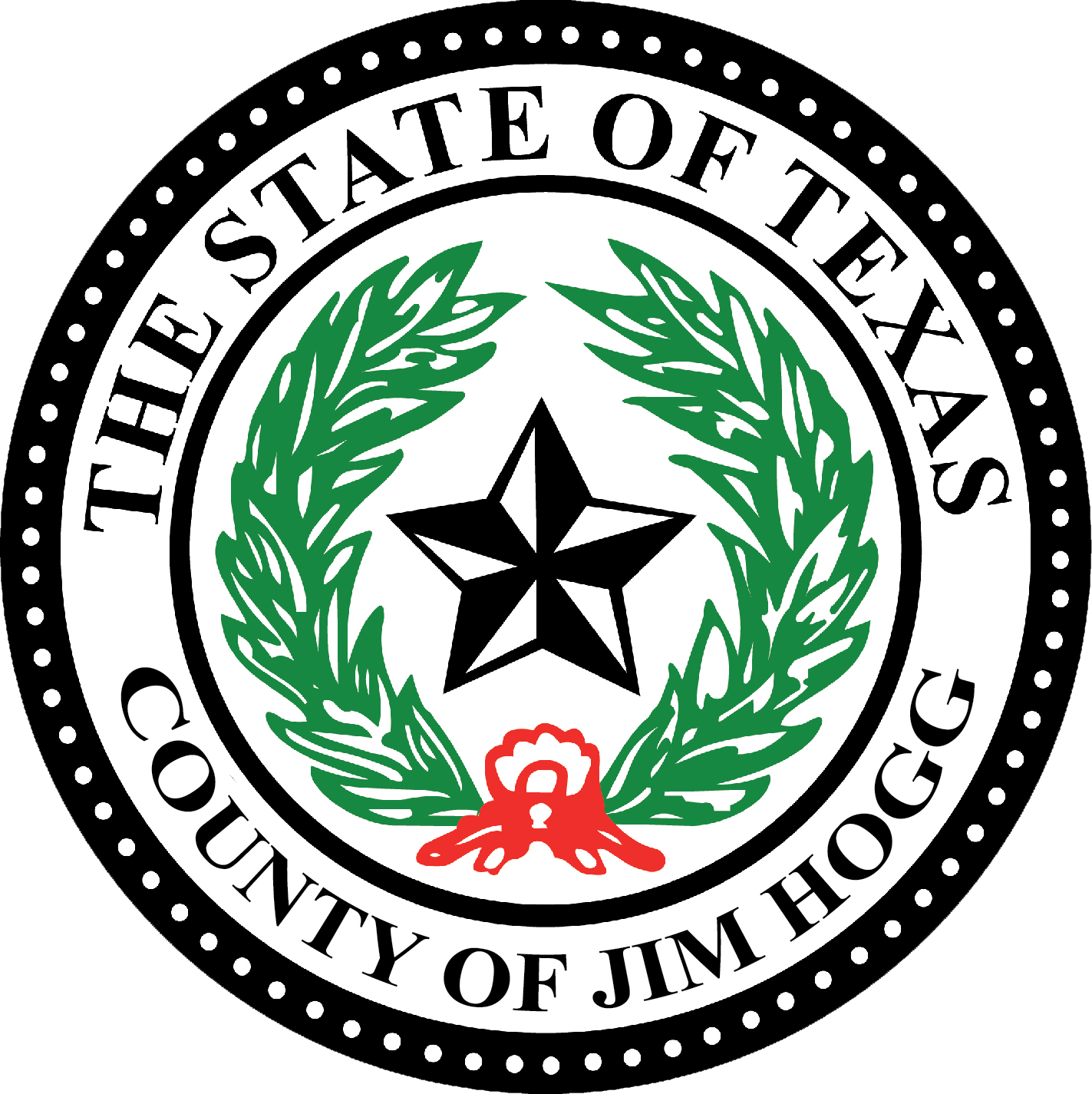Commissioner's Court

Dr. Humberto Gonzalez
Jim Hogg County Judge
Office
(361) 527-3015
This email address is being protected from spambots. You need JavaScript enabled to view it.
 |
Linda Jo Soliz
Commissioner Pct.1
Office
(361) 527-5840
This email address is being protected from spambots. You need JavaScript enabled to view it.
|
|
 |
Abelardo Alaniz
Commissioner Pct.2
Office:
(361) 527-5840
This email address is being protected from spambots. You need JavaScript enabled to view it.
|
|
|
|
|
|
|
 |
Sandalio Ruiz
Commissioner Pct.3
Office:
(361) 527-5840
This email address is being protected from spambots. You need JavaScript enabled to view it.
|
|
 |
Juan Lino Ramirez
Commissioner Pct.4
Office:
(361) 527-5840
This email address is being protected from spambots. You need JavaScript enabled to view it.
|
Function and Duties of the Commissioner's Court
Purpose and Responsibilities of the County Commissioner's Court
The Commissioner's Court is the governing body of the county. The Texas Constitution specifies that courts consist of a county judge and four county commissioners elected by the qualified voters of individual commissioner's precincts. The county judge is the presiding officer of the County Commissioner's Court. The court exercises powers over county business as provided by law (Tex. Const. Art. V, Sec 18).
Many state administrative responsibilities rest with the court as well as a growing number of permissive authorities. The Local Government Code contains many of the provisions that guide the commissioner's court in carrying out its responsibilities for the operation of county government. For example, the Code covers the duties and authority of the commissioner's court and other officers related to financial, management, public officers and employees, regulatory matters, property acquisition, buildings, and many other areas of county affairs.
Areas of major responsibility for the Commissioner's Court
include the following:
1. Construction and maintenance of roads and bridges in the county which are not part of the state highway system
2. Filling vacancies for certain elected and appointed officials
3. Setting salaries, expenses and other allowances for elected and appointed officials
4. Creating offices, boards and commissions to carry out certain purposes
5. Providing buildings for use as offices and other operating facilities for the county
6. Issuing bonds for construction and other public projects and management of debt incurred by the sale of such bonds
7. Entering into contracts or cooperative agreements with other local governments, the state or private entities
8. Holding general and special elections including those authorizing creation of special districts, issuance of bonds and other purposes necessary to carry out Court responsibilities
9. Setting the tax rate and authorizing expenditures
10. Performing a variety of administrative duties
Source - Texas Association of Counties, Guide to Texas Laws for County Officials 1999-2000 Edition








